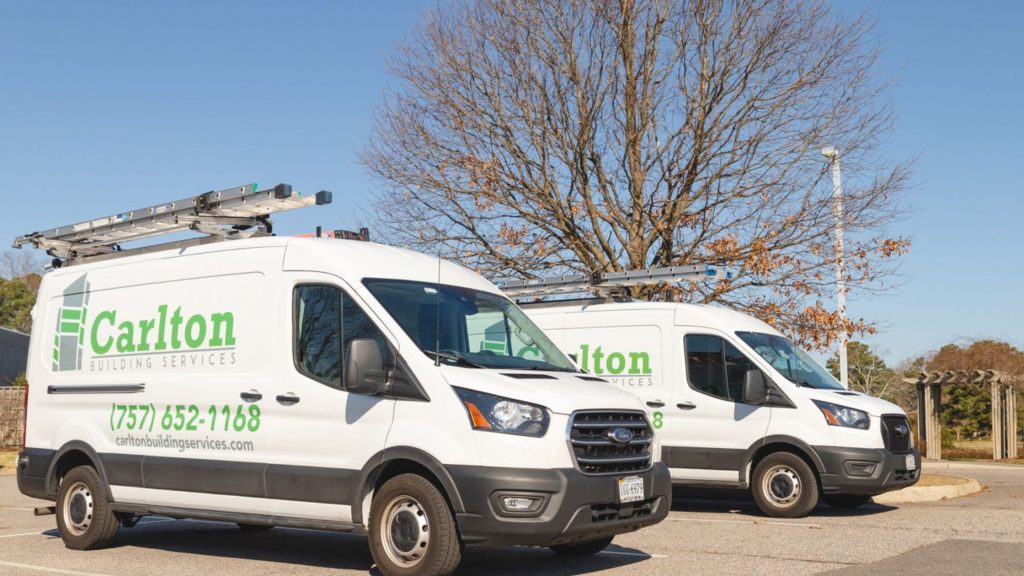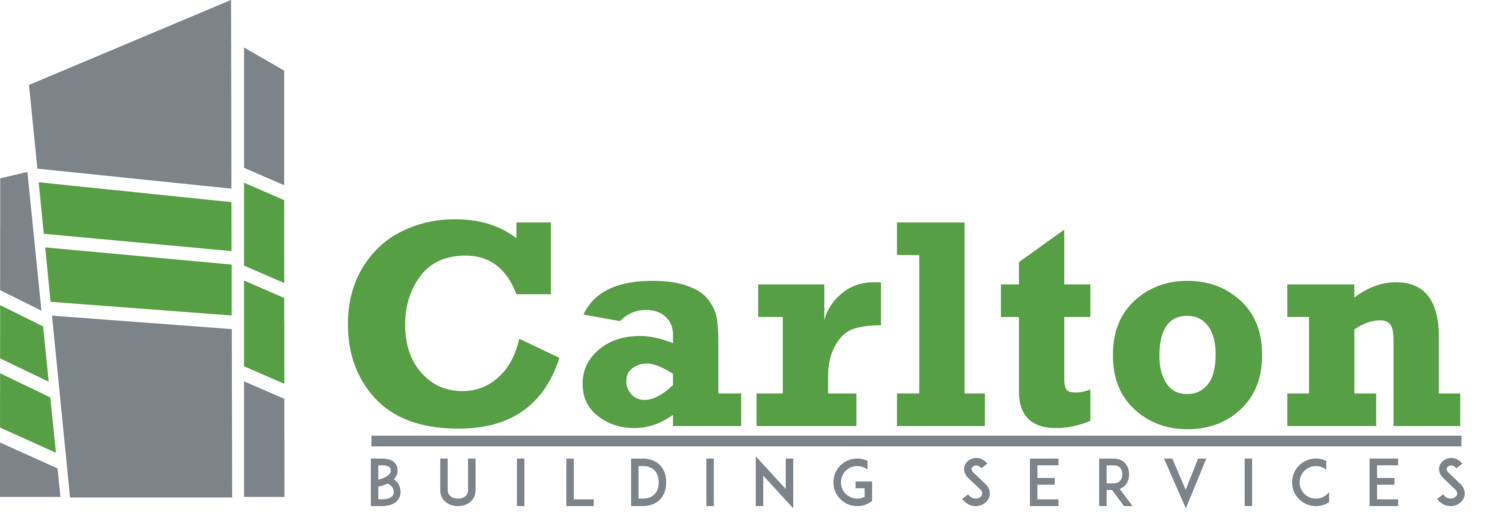Commercial vs residential construction may seem like an easy debate. If a company is renovating, it’s a commercial project. If a private homeowner does them, it’s residential. But what about when a private company does renovations for a residential project, such as a condominium complex or assisted living home?
Surprisingly, the regulations around gray areas like this differ from state to state. Based on our experience in Virginia (Virginia Beach, Norfolk, Chesapeake, and Hampton, to be more specific), here’s what you need to know on construction regulations in your area–and how to choose a contractor who understands these regulations so this is the last article you read on this topic.
Residential Construction in Virginia
Virginia law defines residential residential structure as “structure consisting of no more than two dwelling units or a townhouse.” Any projects done on these types of buildings are considered residential construction in the state.
These projects can include:
- Single-family homes
- Two unit home you intend to live in, with a tenant in the other unit
- Second homes or vacation homes, such as a beach house at Virginia Beach
Of course, the multi-family homes area can get blurry and it’s best to discuss your specific case with a local lawyer or contractor, as classifying the home as a commercial project may be better for your taxes.
Commercial Construction in Virginia
Commercial construction under Virginia Law is defined as the “construction, remodeling, repair, improvement, removal, or demolition on real property owned, controlled, or leased by another person of commercial, industrial, institutional, governmental, and accessory use buildings or structures.”
Whenever a project is used for commercial purposes, it’s considered a commercial construction project. Some specific projects include:
You may also want to familiarize yourself with the difference between a new commercial project and a renovation, as many contractors specialize in one or the other. A new project will be building something from scratch while a renovation adds new life to a preexisting space. Specific types of renovation projects can include remodelings, build-outs, and repairs.
Choosing the Right Contractor
Now that we’ve covered the difference–and why you most likely need to work with a commercial contractor, how do you choose the right one?
To start, make sure any contractor you decide to work with meets the following criteria:
- Completes the type (residential vs commercial) and stage (new or renovation) that your project falls under. It’s also a good idea to check out their services page, searching for the specific project type you need, such as a build-out.
- Has a good track record and can show you past projects they’ve worked on that are similar to yours.
- Is familiar with the state and local regulations in your area.

These three points are the basic criteria–and you should look out for other traits before saying yes to the contractor. For a more complete guide to hiring the right commercial contractor, check out these six signs you’ve found a good contractor for your project.
Navigating local and state regulations around commercial construction in Virginia can be tricky, but you don’t have to tackle it alone. With the right contractor, you can care less about if you’re meeting regulations and more about how your project builds the future of your company.
Carlton Building Services in Hampton Roads Virginia
Carlton Building Services specializes in repairs, maintenance, renovations, remodelings and build-outs for a variety of clients in Hampton Roads, Virginia Beach, and Chesapeake areas. We have years of experience handling projects in the retail, office, and healthcare space and would love to work with you on your next project!
To learn more about our services, check out past project highlights or contact Carlton Building Services to see how we can help with your next project.


